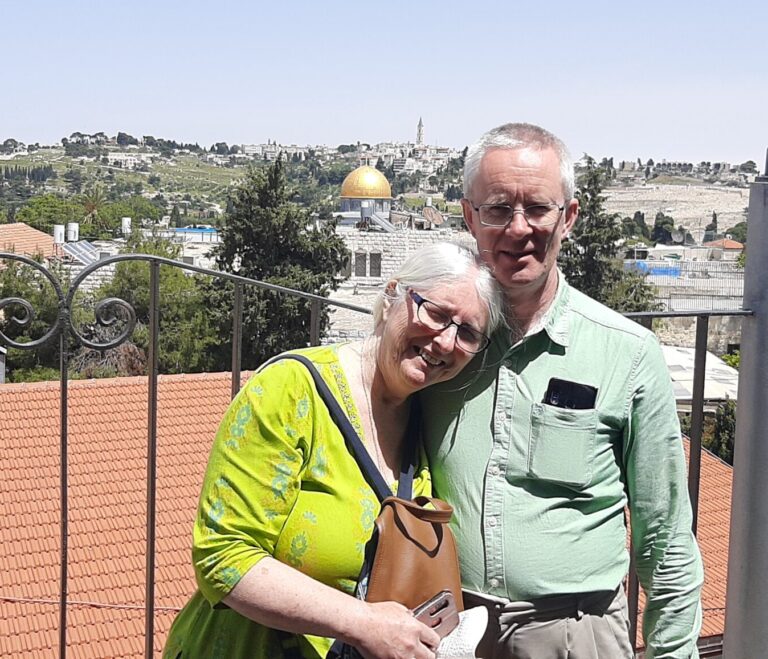Welcome

Welcome to Ilford High Road Baptist Church
We are a vibrant community of faith, of varied backgrounds, committed to worshipping God our Creator, caring for one another, sharing the good news of Jesus, and embracing people of all ages and backgrounds. We unite in praise and seek God’s presence together. Our love for Christ compels us to care for each other, and welcoming everyone to experience His love and grace. Welcome home!
KNOWING JESUS
CLICK HERE
THOUGHTS FOR THE MONTH
CLICK HERE
SUNDAYS IN JANUARY
9:30AM & 11:30AM*
*children’s groups at 11:30 service
Weekday Activities
Mondays: Knitting Group 10.30AM
Tuesdays:‘Friendship First’ Coffee Morning 10.30AM Midweek fellowship online 12.30PM
Wednesdays: Ladies’ English 10.00AM
Thursdays: Ladies’ English, Men’s English 10.00AM
Fridays: Men’s English 10.00AM; AMPED Children’s
group 6.45PM
We also have home groups : see ‘Church Life’ in top menu
Contact us for more info! 07747745776

